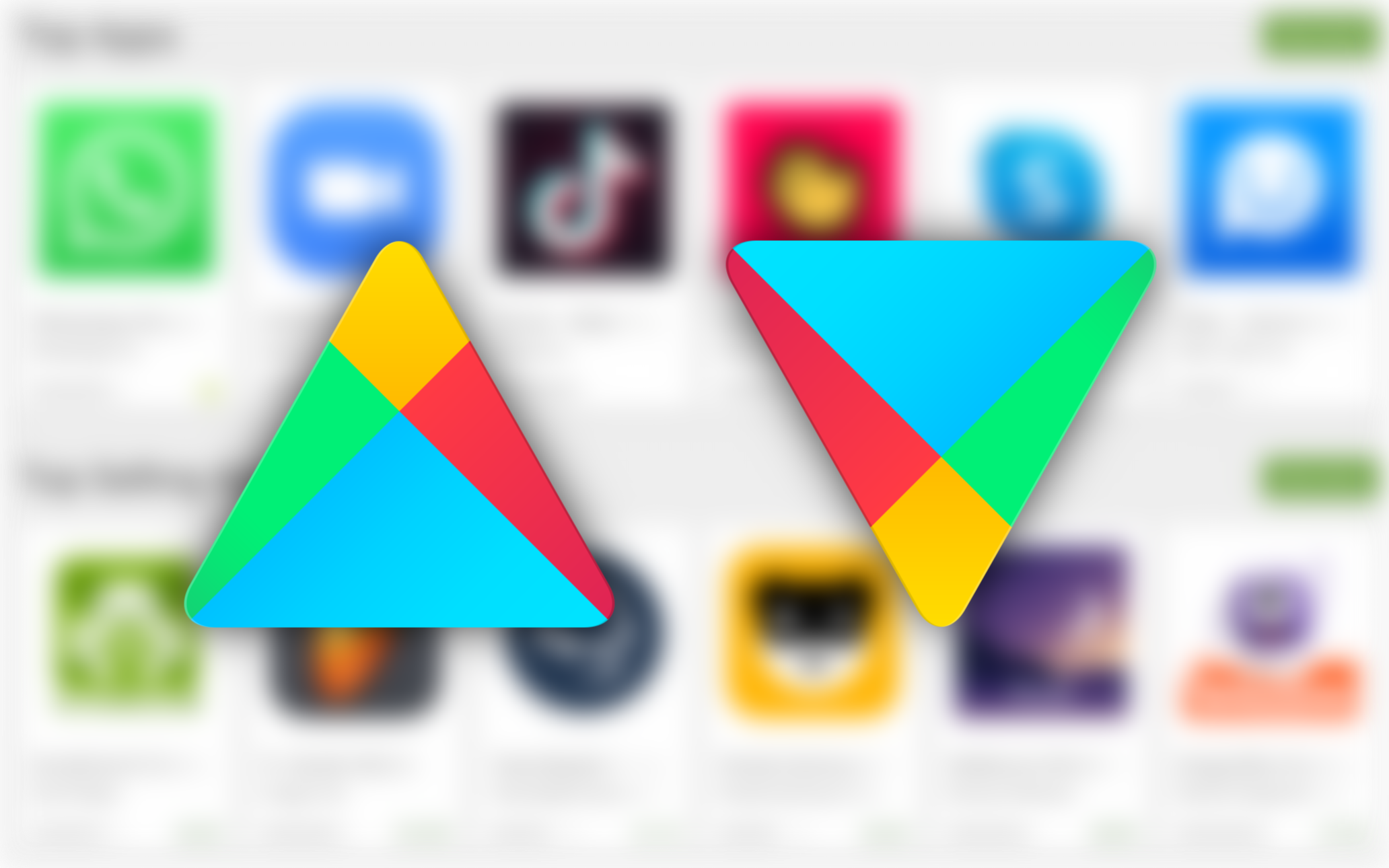Facing its fourth antitrust challenge in India since 2018, the tech-giant is now again a subject to criticism because of its new policy.
On Saturday, a group of 15 startup founders held a virtual meeting with the Competition Commission of India (CCI). This was done to notify the regulator about Google’s policies in the country.
The discussion majorly involved Google’s recent imposition of its Play Store billing system on Indian developers. The 30 percent commission that the company wants to charge for selling digital goods and services was also criticised upon.
The founders argued that due to its dominance in app discovery and distribution, Google forces Indian developers to build and change apps based on its OS and app store, they alleged, adding that the company’s ‘arbitrary policies’ illustrate this behaviour.
According to reports, last week over 120 Indian startups founders were looking to form an independent non-profit lobby to take on Google in India. If the startups are successful in filing a case against Google, it will be a fifth such case that Google will face in the country.
Due to its dominance in AndroidTV, apart from this, two independent lawyers filed an antitrust case against Google last week. The CCI is also looking into two other antitrust suits against the tech-giant.
In 2018, the CCI had fined Google with ?136 crore for abusing its dominance in search.
Following the backlash, Google issued a clarification for the already existing Play Billing Policy in India. The company however, didn’t rolled back the 30 percent commission it charges for sales through Play Store. It has given Indian startups six more months than global to agree with the new policy.
Adding to this, Google has also been arranging meetings with developers and startup founders to listen to their concerns. It has also stated that it will do policy workshops with companies as well.
Google Play’s new billing policy
On September 28, Google released a blog post stating its plans to ‘improve Google Play’ and indicating an upcoming modification of its billing policy. According to the company, the service fee of 30 percent is old but was not strictly enforced.
After Google’s announcement about enforcement of the service free on a mandatory basis from September 30, 2021, the startups started criticising the tech giant.
According to Google, it is just “trying to plug” what it believes to be revenue leakage. With the application of this policy, Google will be able to route all financial transactions. Including app purchases, purchases inside the app, and subscriptions.
Google has received feedback that the language used in the policy isn’t clear enough and is creating confusion about the new policy and where it applies. Addressing the issue, Google stated that the company wanted all their policies to be clear and updated. Therefore, they have clarified the language in the Payments Policy to be more explicit that all developers selling digital goods in their applications are required to use Google Play’s billing system.
Google claimed that this has always been the intention of the long standing policy and the clarification will not affect the vast majority of developers with apps on Google Play.
The company states that less than 3 percent of developers with apps on Play Store sold digital goods over the last 12 months. Moreover, of this 3 percent, the vast majority, nearly 97 percent, already use Google Play’s billing. For those who already have an app on Google Play that requires technical work to integrate their billing system, the company do not want to unduly disrupt their roadmaps and have given a year, until 30 September 2021, to complete any needed updates.
For India, Google has decided to extend the deadline for another six months, until March 2022. According to the company, the reason for this was an output of some additional questions from the community in India.
According to a report in The Economic Times, these concerns from India came in the form of news that “more than 50 technology entrepreneurs” were joining hands to petition the government for support to create an overarching Indian digital app ecosystem to counter what they view as the dominance of US technology giants Google and Apple.
The government has responded positively and have assured that it is open to launching an alternative.
Responding to this, Google also clarified that it has no plans to change its billing policy, and wants to discuss billing and other issues with Indian stakeholders.
Why are Indian developers are criticising the policy?
The Indian developers are criticising the policy because its implementation will reduce their revenues. The applications that will be most impacted will be the ones that sell digital goods like gaming, subscription-based ed-tech apps like Byju’s, health apps, and streaming services like Netflix.
Applications that sell physical goods will not have to pay 30 percent to Google, so food delivery apps like Swiggy and Zomato don’t have to pay this 30 percent fee.
According to the Indian developers, Google’s move will only further embolden the dominant position it has online. The company owns the Android Operating system software and the most popular application store for Android. Apart from the the policy enables the company to channel purchases on applications through its own billing system.
The adoption of Atmanirbhar Bharat
The demand for an Indian alternative to the Google Play ecosystem bring out the adoption of an Atmanirbhar Bharat introduced by the Indian Prime Minister, Narendra Modi.
Paytm announced its own app store on October 5, 2020 called the Paytm Mini App Store. The company said that this invoked the true spirit of Atmanirbhar Bharat. The money related platform already has over 300 app-based services.
The time extension by Google, can be used by Indian developers as a window to figure out alternative ways.

